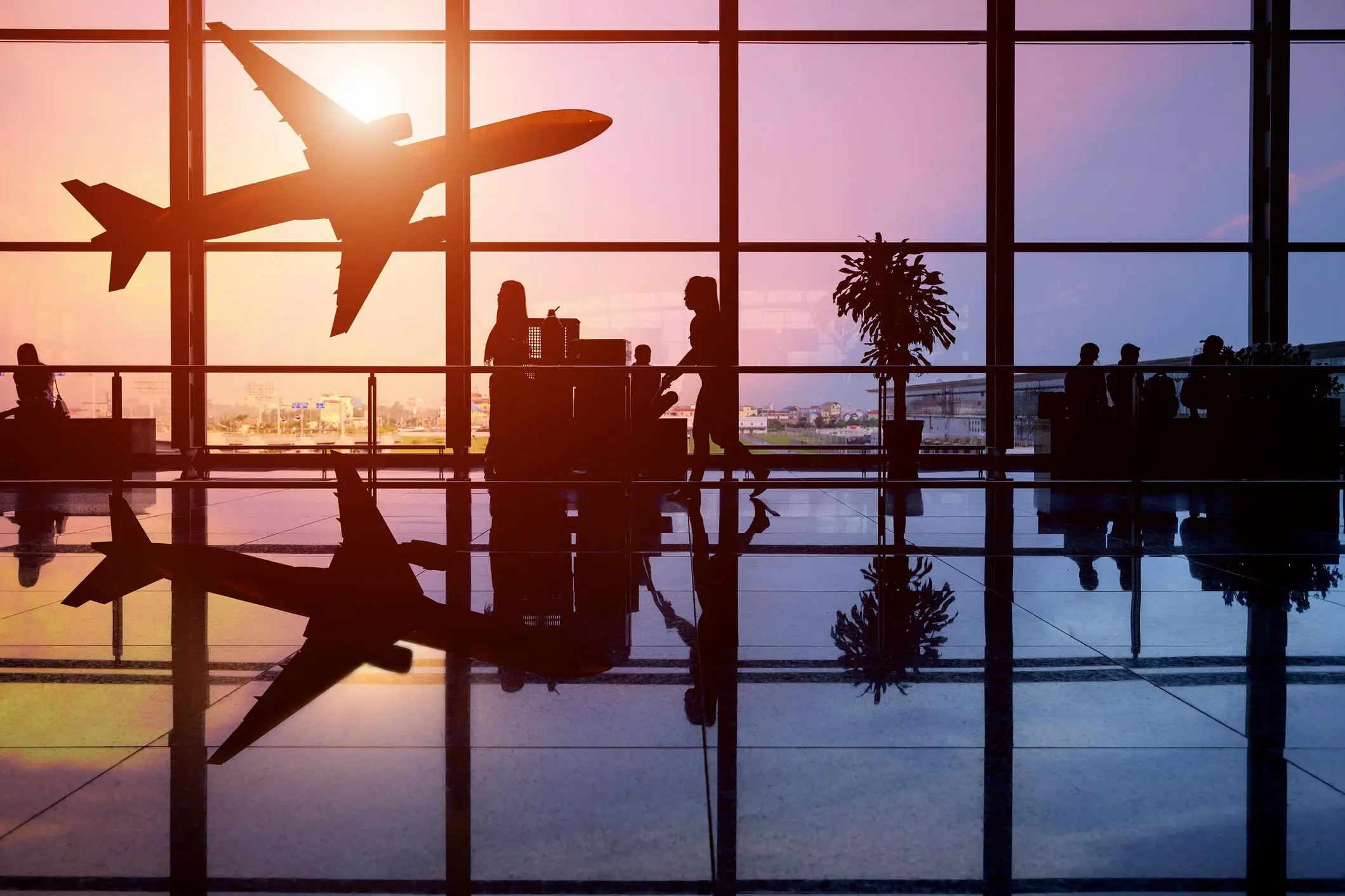PHOTO
The aviation industry could face a “systemic collapse” without direct monetary support and a coordinated COVID-19 testing regime in place, and the Middle East market is among those that are financially at risk, officials said.
Carriers around the world continue to burn through cash due to the “rupture in global air connectivity" that’s threatening to wipe out some 4.8 million aviation jobs and a further 41.2 million across the travel and tourism sector, according to Alexandre de Juniac, CEO of the International Air Transport Association (IATA).
“The COVID-19 pandemic continues to devastate the aviation industry. International traffic has all but disappeared – we are carrying only about 10 percent of normal levels,” de Juniac said during a press briefing.
The industry has already seen massive job losses following the collapse of air travel during the global lockdown in March. Airlines in the Gulf, home to some of the world’s so-called “super connectors” are among those badly hit.
IATA officials, along with the Airports Council International (ACI) World, reiterated on Tuesday the call for governments to intervene, to restore global air connectivity, prevent further employment cuts and business closures.
Gulf carriers
Brian Pearce, the chief economist of IATA, said that by implementing a coordinated COVID-19 testing system for passengers, the aviation industry in the region could see some immediate relief.
“The biggest issue facing the Middle East is that they have been the super connectors --at least in the Gulf region – for the world on long-haul markets, and long-haul travel is the most difficult of markets to open at the moment because of government concerns and the lack of the acceptance of effective testing regime,” Brian Pearce, chief economist of IATA, said.
“So, the sooner that we can get testing in place, I think that would certainly help the key markets that those super connecting airlines in the Gulf would serve,” he added.
According to Luis Felipe de Oliveira, director general of Airports Council International (ACI) World, it’s not just airlines that are at risk of going under. Airports that serve these carriers, particularly the small and private-run hubs, could collapse as well.
“Before the crisis, around 65 percent of these airports were working in the deficit. Nowadays, all the airports in the world are working in the deficit…We could see airports going into bankruptcy within some very short period of time,” de Oliveira told reporters.
Airports in the Middle East region aren’t immune as well, particularly those that don’t cater to domestic air traffic.
“The airports in the Middle East are connectors. Basically, without international travel that is heavily affected by the restrictions [they are also feeling the impact]. Airports in the region are suffering because of the lack of domestic markets, except for Saudi Arabia,” de Oliveira added.
Solutions
ACI and IATA said the systemic collapse can be prevented through non-debt generating financial support and by using testing as a means to safely re-open borders and re-establish global connectivity.
They said these measures would protect countries from the importation of COVID-19 cases, avert an employment crisis in the travel and tourism sector, and ensure that the critical aviation structure remains viable and able to support the economic and social benefits on which the world relies.
According to estimates by the Air Transport Group (ATAG), some 46 million jobs are at risk because of the collapse of passenger traffic caused by the pandemic.
The vast majority of these jobs (41.2 million) are in the travel and tourism sector, which relies heavily on aviation. The remainder (4.8 million jobs) are spread across direct employment in aviation, including airports and airlines.
ACI also estimated that the airport industry alone will suffer a 60 percent reduction in revenues, while IATA estimates showed that airline revenues could fall at least 50 percent, or $419 billion compared to $838 billion in 2019.
(Reporting by Cleofe Maceda; editing by Seban Scaria)
Disclaimer: This article is provided for informational purposes only. The content does not provide tax, legal or investment advice or opinion regarding the suitability, value or profitability of any particular security, portfolio or investment strategy. Read our full disclaimer policy here.
© ZAWYA 2020





















